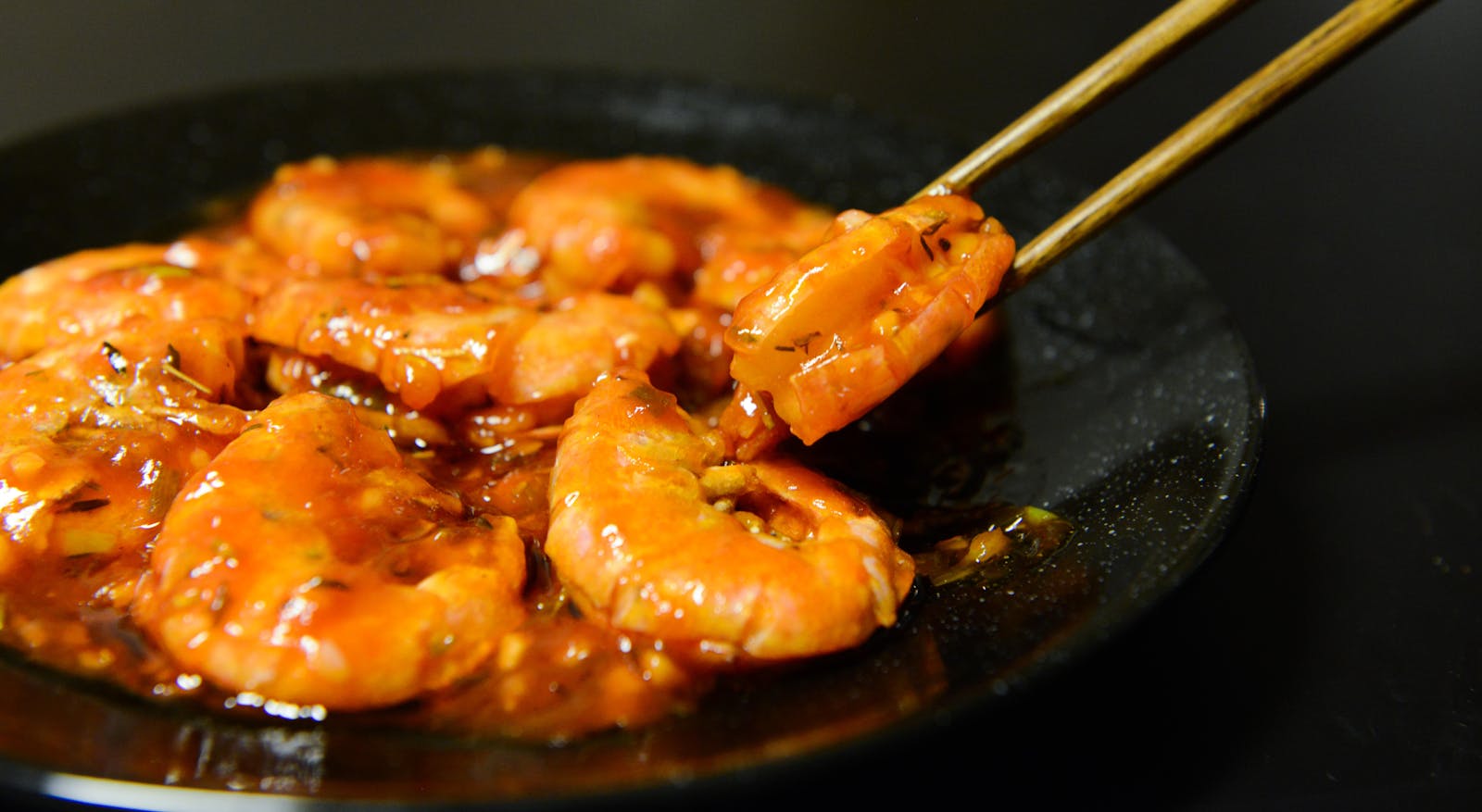A Simple Key For paleo diet disadvantages Unveiled
A Simple Key For paleo diet disadvantages Unveiled
Blog Article

The Paleolithic diet is a popular eating plan that encourages consuming natural foods that our early humans thrived on thousands of years ago. Eliminating highly processed ingredients, the Paleo diet promises a paleo diet delivery return to support overall health and prevent chronic illness.
What is the Paleo Diet?
The Paleo diet is based on the idea that our genetics are designed for consuming the types of foods our ancestors ate during the Paleolithic era, which occurred from roughly 2.5 million to 10,000 years ago. This eating plan includes:
- Animal proteins (when possible grass-fed or wild-caught)
- Natural fruits and veggies
- Plant-based proteins
- Good fats, such as olive oil
In contrast, the diet cuts out modern manufactured products that have entered in the last few generations, including:
- Grain-based foods
- Dairy
- Artificial sweeteners
- Legumes
Why Choose the Paleo Diet?
The Paleo diet provides a wide range of positive outcomes that help enhance health. Here are some of the key benefits:
- Sustainable fat loss: Because of its focus on whole foods and cutting out junk foods, the Paleo diet helps you shed excess pounds and maintain a healthy weight.
- Better gut health: Since the diet eliminates grains, dairy, and legumes, many people enjoy less bloating and discomfort, especially if they’re sensitive with these foods.
- More stable energy levels: Many Paleo followers report higher energy levels, as nutrient-dense whole foods offer more stable energy release than junk foods.
- Reduced inflammation: Due to its focus on natural fats, the Paleo diet supports the reduction of inflammatory markers, a key driver of many health conditions.
Simple Steps to Start Paleo Eating
If you’re ready to the Paleo diet, here are some tips to start:
- Prioritize whole, natural ingredients: Focus on colorful produce, high-quality proteins, and healthy fats.
- Ditch refined foods: Go through your pantry and remove anything highly processed like cookies, cereals, and sugary drinks.
- Plan your meals: Make it easy to stick to the Paleo diet by making meals in advance that focus on whole foods.
- Stay hydrated: Water is important in supporting good health. Make sure you’re getting plenty of water throughout the day.
- Listen to your body: The key to success with the Paleo diet is that it encourages mindful eating—no need for strict portion control.
Conclusion
The Paleo diet delivers a natural approach to health by focusing on whole, unprocessed foods. By cutting out modern refined products, it enables sustainable wellness, making it an excellent choice to nourish yourself.
© Copyright 2024
Report this page